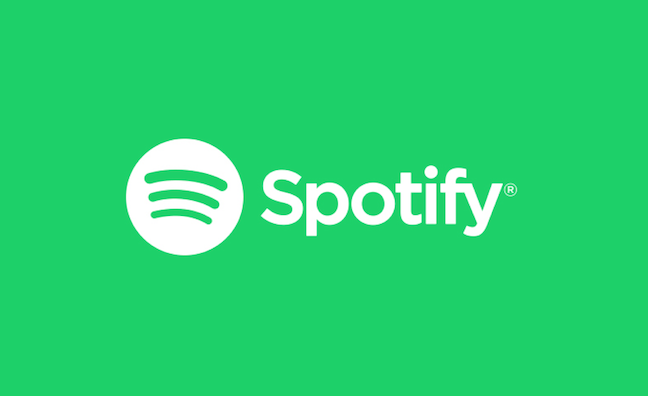Spotify turned 10 last week, and celebrated with a deluge of stats about its decade-long history.
It's been 10 years of constant statistical growth, whether that's in terms of number of subscribers or the number of streams the service generates. One number it didn’t mention, however, is the price of its subscription, which has remained unchanged at £9.99 throughout its history.
Even if it had only increased at the basic rate of annual UK inflation over those years (and even including a couple of years when inflation basically didn't exist), a monthly subscription would now cost around £12.64 – and, with 83 million subscribers worldwide, that would mean a lot of extra cash for both Spotify and rights-holders. Hell, maybe Daniel Ek's streaming service would actually have turned a profit by now.
Of course, Spotify is trying to build a scaleable business and price increases would no doubt make that harder. Especially when every other service is trying to do the same at, coincidentally, the exact same price point.
But, as the streaming market approaches maturity in some territories, subscription increases will surely come onto the agenda sooner or later. That’s just what happens with this business model: Sky has regularly increased its fees, Amazon Prime has risen in price – even relative newcomer Netflix has bumped up its rates.
Sure, some people protest, but most keep paying – especially if they feel they can't live without the service they're being provided with. And, while pressure on physical music prices has been relentlessly downward in recent years, £10 a month for the entire history of recorded music is such an insanely good deal most streaming services should be confident that they’ll now be viewed as essential.
The healthy Q3 figures show that UK streaming is still growing. But as time passes, there will be fewer new subscribers to attract, while those that do bite are likely to be lower volume users. There may even need to be lower-priced tiers to attract those users. So consumption increases will slow, but with the industry now used to growth, labels and publishers will expect there to be an expansion plan in place. Indeed, several senior execs have already hinted to Music Week in recent weeks that "inflationary pressures" will see pricing back on the agenda before the next round of licensing deals.
The volatility of Spotify’s share price last week also indicates the streaming service's need to turn a profit in the near future, however cash rich its successful IPO might make it look. And while some of its competitors’ pockets may seem bottomless, music can’t be a loss-leader forever. £9.99 isn’t an emergency number just yet, but one day soon someone’s going to need to make a call on it…








